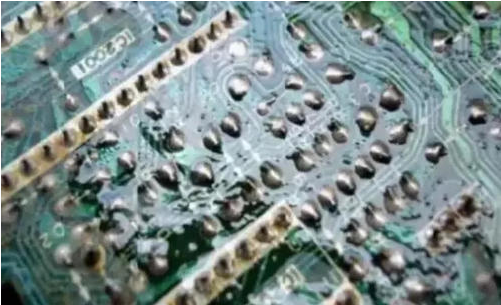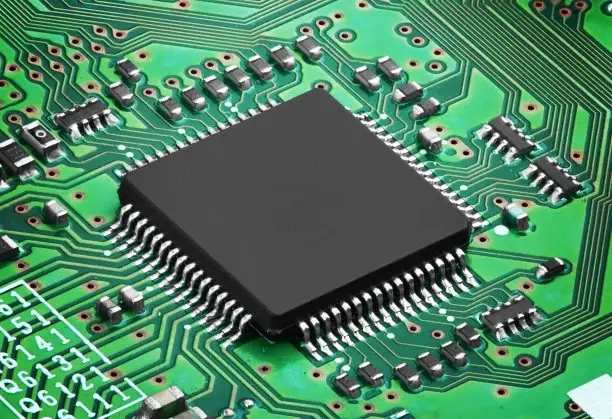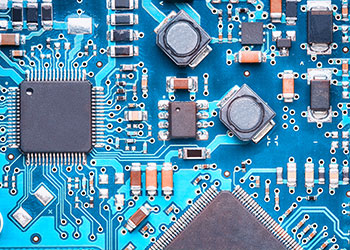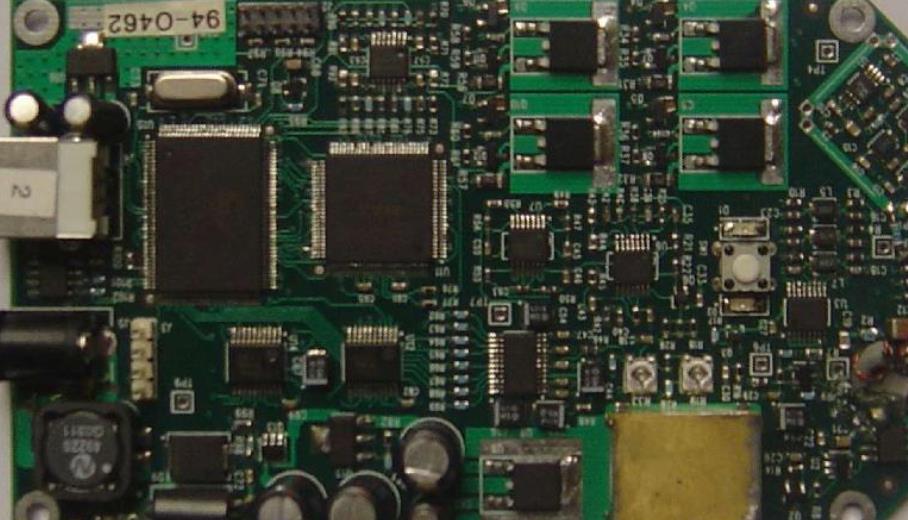
The wiring design sequence of printed boards in the Circuit board factory may be different. Before the wiring designer in the circuit board factory prepares to design the wiring, his circuit design rules should be clearly specified. Today, the circuit board factory will tell you the sequence of wiring design.
Circuit board factory
It is the responsibility of the circuit engineer to propose the design rules, but after receiving the input sequence, the following steps are the general steps to be considered in the wiring design:
First, the input of the sketch, the component list and the provisions of the special circuit shall be preliminarily reviewed. It includes the comparison between data and physICal limits of printed boards, which are related to the effective board area provided.

2. Examine and approve the relationship between the original and the circuit, the necessity of short circuit interconnection, and the special width requirements of heat sink, grounding, voltage connection and wire.
3. Then examine and approve each interconnection of plug and socket signal input and output to make it consistent with the structure of logic process, because the structure of logic process involves each interface design.
4. The special standards of some circuit board companies involve the requirements for automatic insertion of components, matrix positioning parameters of components, mechanical hardware, and the use of plugs and sockets, which are considered to have an impact on the design. Because most of the above steps are mental labor, the actual manual wiring program is completed by the designer.
5. The polyester film of the grid is laid under the designer's design drawing as a reference for wiring design.
6. For the printed board with standard size, the structural components of the photographic base of the printed board can be pre printed on the polyester film, so that all special regulations and standards become a part of the photographic base sketch.
The role of ccl in pcb industry chain
Basic use of copper clad laminate
The full name of copper clad laminate is copper clad laminate, which is made of wood pulp paper or glass fiber cloth as reinforcement material, soaked with resin, covered with copper foil on one or both sides, and hot pressed. Copper clad laminate is the basic material of the electronic industry. It is mainly used for processing and manufacturing printed circuit boards (PCBs), and is widely used in television, radio, computer, mobile communication and other electronic products.
As an important basic material for manufacturing printed circuit boards (PCBs), copper clad laminate (CCL) is responsible for conducting, insulating, supporting and signal transmission of PCBs. It also plays a decisive role in PCB performance, machinability, cost, reliability and other indicators. Different application scenarios and processing links have different requirements on the performance indicators of CCL. Generally speaking, CCL must meet the comprehensive performance requirements of PCB processing, component installation and overall product operation.
ccl
Different Types and Applications of Copper Clad Laminates
According to different structures, copper clad laminate can be divided into three categories: rigid, flexible and special materials. The rigid copper clad laminate is not easy to bend, and has a certain hardness and toughness. The Flexible copper clad plate can be bent to facilitate the assembly of electrical components due to the use of flexible reinforcing materials (films) coated with electrolytic copper foil or calendered copper foil. The diversity of structures and substrates is mainly to meet the needs of different scenarios. Rigid copper clad laminate is usually used in communication equipment, household appliances and electronic toys Computer peripherals, computers, game machines, printers, communication equipment, mobile phone base station equipment, household appliances and other products. The flexible copper clad laminate is usually used in Automotive electronics, mobile phones, digital CAMeras, video cameras, laptops and other equipment.
CCL industrial chain
From the perspective of the industrial chain, the main raw materials corresponding to the upstream of CCL include copper foil, electronic glass fiber cloth and synthetic resin. The downstream is mainly used for printed circuit boards (PCBs), and ultimately used in computers, communication equipment, consumer electronics, automotive electronics and many other fields. With the technical upgrading and product upgrading in the above related fields, especially the rise of 5G technology and NEV, copper clad laminate will face a broader MARKet demand in the future. In the copper clad laminate industry chain, the cost of copper clad laminate accounts for 37% of the total PCB cost. In terms of cost alone, copper clad laminate occupies a high proportion in the industry.









